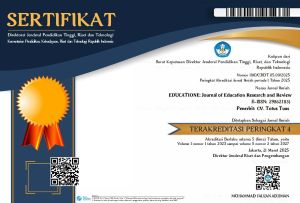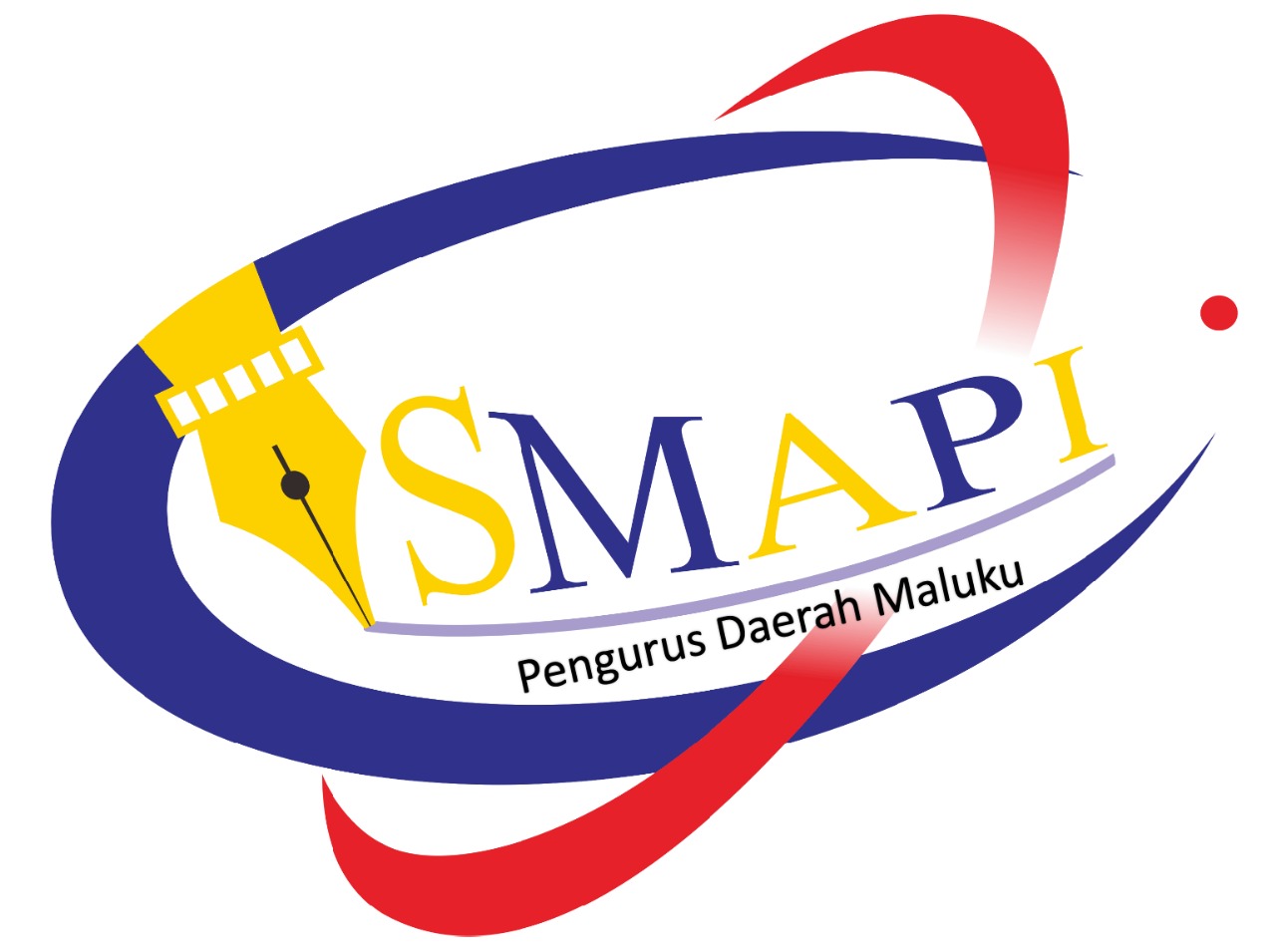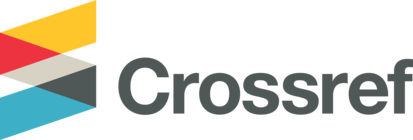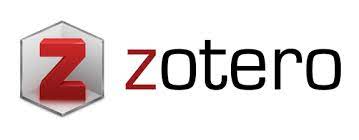WAYANG KRUCIL FOR CHARACTER BUILDING: A CULTURE-BASED APPROACH TO SEXUAL RISK PREVENTION AMONG HIGH SCHOOL STUDENTS
DOI:
https://doi.org/10.59397/edu.v3i2.141Keywords:
ADDIE, Adolescents, Counseling module, Risky sexual behavior, Wayang KrucilAbstract
Risky sexual behavior among adolescents remains a persistent public-health and educational concern, often driven by uneven sexuality education, peer/media pressures, and limited self-regulation. Indonesia’s cultural heritage offers a context-sensitive prevention pathway. To design, validate, and field-test a counselor-ready school module that integrates Wayang Krucil values to prevent risky sexual behavior among SMK students in an Islamic school context. Using a Research & Development approach operationalized through ADDIE, the study was conducted at SMKIT Ibnu Katsir Jember (population = 37). A purposive limited try-out involved Grade 12 students (n = 11). Data sources included observations, stakeholder interviews, expert validator ratings (content, design, language, practitioner usability), feasibility/acceptability checklists, and brief student reflections. Quantitative summaries (Aiken’s V/CVI, descriptive statistics) informed revisions; qualitative data underwent reflexive thematic analysis. Expert review yielded an overall content-validity judgment of 80% (valid with minor revisions). Try-out evidence indicated high acceptability, perceived relevance, and clear deliverability under counselor facilitation. Key improvement cues were sharper, step-by-step session scripts and a concise glossary to reduce terminological load. The module is feasible, contextually resonant, and ready for broader piloting, while claims about effectiveness remain preliminary. Provides a culturally grounded, counselor-deployable package that aligns moral narratives with sexual-health learning goals, offering a replicable ADDIE pathway for schools. Future studies should employ larger, multi-site samples; multiple expert validators with item-level indices; standardized pre–post measures (knowledge, norms, self-efficacy, intentions/behavior); and longer follow-up or controlled designs.
Downloads
Published
How to Cite
Issue
Section
Citation Check
License
Copyright (c) 2025 EDUCATIONE

This work is licensed under a Creative Commons Attribution 4.0 International License.



















